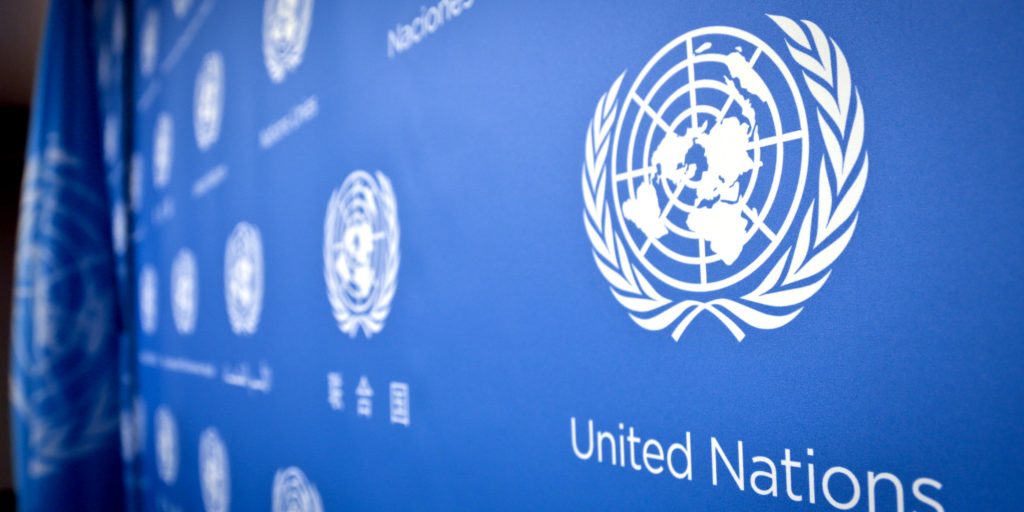
The world has reached a “major milestone” in the drive to combat modern slavery after Sudan became the fiftieth country to back a United Nations treaty against forced labour, the U.N. International Labour Organization (ILO) said on Wednesday.
The legally binding 2014 pact – a protocol to the 1930 ILO Forced Labour Convention – compels nations to enact measures to prevent forced labour, protect victims and provide compensation.
The ILO – with the International Organisation of Employers (IOE) and the International Trade Union Confederation (ITUC) – has led the “50 for Freedom” campaign to encourage governments to ratify the protocol and raise awareness about modern slavery.
Sudan joins nations including Argentina, Canada, Zimbabwe, Sri Lanka and Thailand as signatories to the treaty. The ILO had initially aimed to hit its target of 50 countries by 2018.
“We reached a major milestone,” ILO director-general Guy Ryder said in a statement. “A future of work that is free of forced labour, human trafficking, child labour and modern slavery is a future that we must shape together.”
An estimated 25 million people worldwide are victims of forced labour, according to the ILO, which said that number is increasing due to the fallout from the new coronavirus pandemic.
The economic slowdown has left countless people jobless, desperate and at risk of abuse, while trafficking victims are less likely to be found or receive help with attention and resources diverted elsewhere, experts have said.
With less than 10 years remaining to achieve a target of ending modern slavery, one of the 17 U.N. Sustainable Development Goals (SDGs) adopted in 2015, Ryder said countries must boost efforts to implement the treaty at a national level.
“If we are to achieve (this) target … we must follow up with careful implementation in every region, every country, every village, and make sure no one is left behind,” he said.

